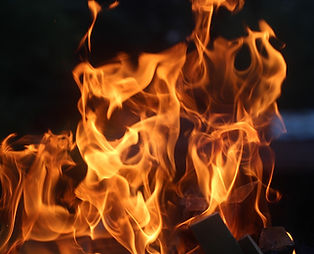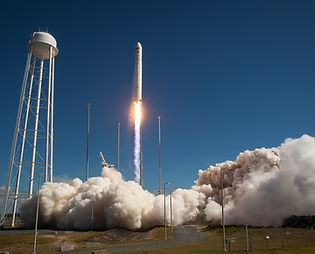About Us
The U.S. Sections of the Combustion Institute (USSCI) is a non-profit, educational, and scientific society whose purpose is to promote the science and application of combustion for the benefit of society. It was incorporated in 2014 in the state of Delaware, USA, and the articles of incorporation serve in place of a Constitution. USSCI has three member sections:
To read about the USSCI bylaws, click here.
To learn about the Combustion Institute, the overarching international society of which USSCI is a part of, you can read more about them on CI website.
Combustion Colloquia
The international combustion community currently addresses 13 colloquia categories.

Gas-Phase Reaction Kinetics
including the kinetics of hydrocarbons and oxygenated fuels, formation of gaseous pollutants, elementary reactions, mechanism generation, reduction, and uncertainty quantification.

Solid Fuel Combustion
including fundamental aspects related to pyrolosis, oxidation, gasification, and ash formation from coal, biomass, and wastes, as well as combustion of propellants and metals.

Soot, Nano-materials, and Large Molecules
including the formation, growth, and destruction of soot, PAHs, carbon nano-structures, and other nanoscale materials.

Fire Research
including fundamental aspects of ignition, burning, spread, and suppression of fire, as well as applications to building fire and urban/wildland fire safety.

Diagnostics
including the development and application of diagnostic techniques and sensors for the understanding and control of combustion and reacting flow phenomena.

Stationary Com-bustion Systems and Control of Greenhouse Gas Emissions
including combustion in stationary power generation, fluidized beds, incineration, industrial applications, CO2 capture, etc.

Laminar Flames
including their ignition, structure, propagation, extinction, stabiliza-tion, dynamics, and instabilities.

Internal Combustion Engine
including device-specific aspects of fuel research emissions, direct injection, and combustion dynamics (e.g. ignition, quenching).

Turbulent Flames
including their ignition, structure, propagation, extinction, stabiliza-tion, dynamics, and instabilities.

Gas Turbine and Rocket Engine Combustion
including propulsion and power generation, as well as device-specific aspects of fuels research, emissions, stability and combustion dynamics.

Spray, Droplet, and Supercritical Combustion
including atomization, combustion of droplets, sprays, and supercritical fluids.

Detonations, Explosions, and Supersonic Combustion
including flame acceleration, DDT, and pulse-detonation, constant volume combustion, and scramjet-engines.

Other Concepts
including assisted combustion (plasmas, electric, and magnetic fields), catalysis, fuel synthesis and transformation, micro-channel reactors, integrated process intensification, fuel cells, and electrolysis.
